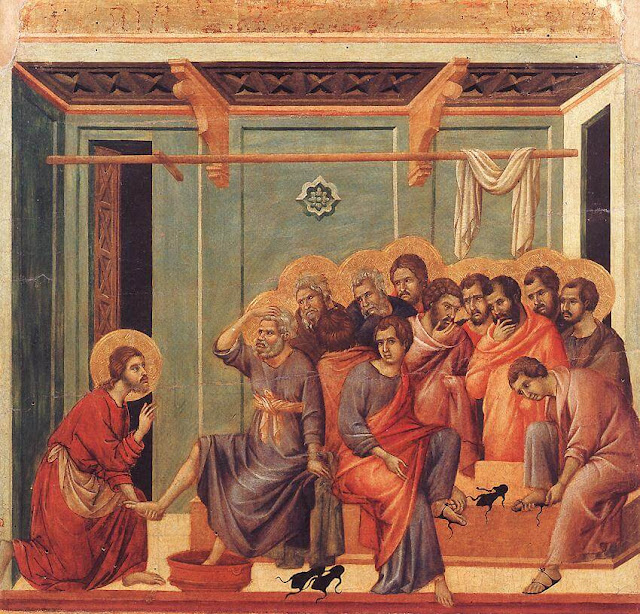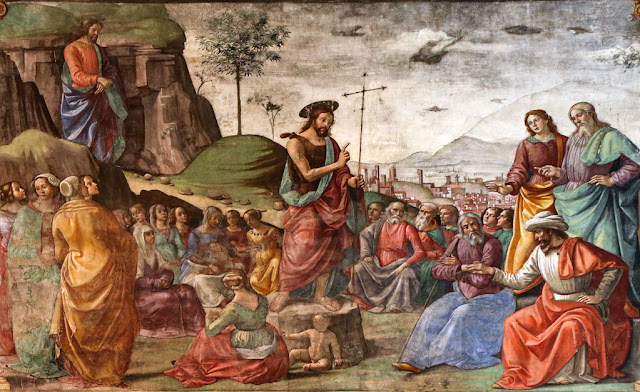Homily for the 8th Sunday in Ordinary Time, March 2, 2025, Year C

Fr. Paul Werley The Pittsburgh Oratory & Catholic Newman Center ( Click here for Sunday’s readings ) Without paying undue attention to anyone in particular, I just want to point out that there is a statistical possibility that at least one of us in this chapel may have a close friend, or at least an acquaintance, who is a Mount Everest expedition enthusiast. Such people might aspire to climb the world’s tallest mountain even though their knowledge about doing this Herculean undertaking is superficial and limited... Contrast this with a Sherpa. A Sherpa is a native Tibetan and an expert climber, who acts as a guide for hikers as they ascend Mt. Everest. If we should find ourselves on our first expedition and we had to choose between following the Mt. Everest enthusiast, also there for the first time, and following a Sherpa, who knows the mountain by heart, who would we choose to follow? Knowing the choice was a matter of life or death, who would we follow? Today, Jesus tells t...











